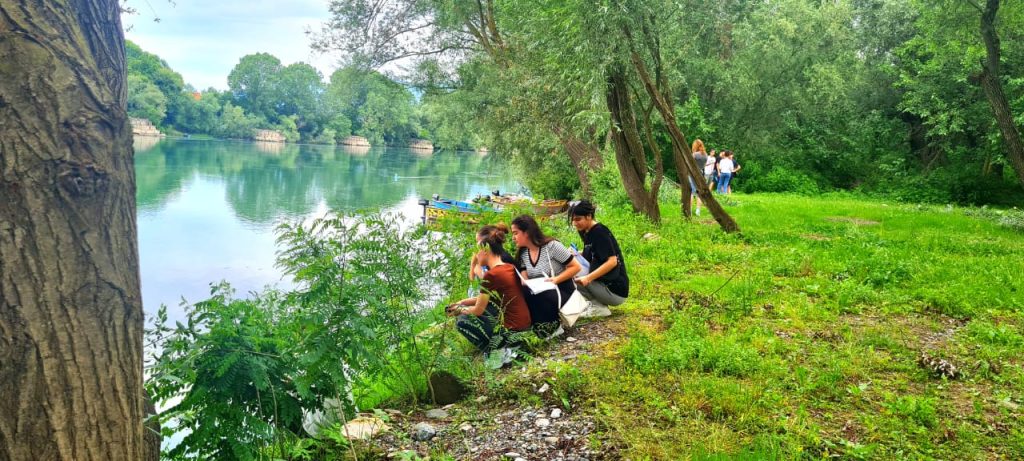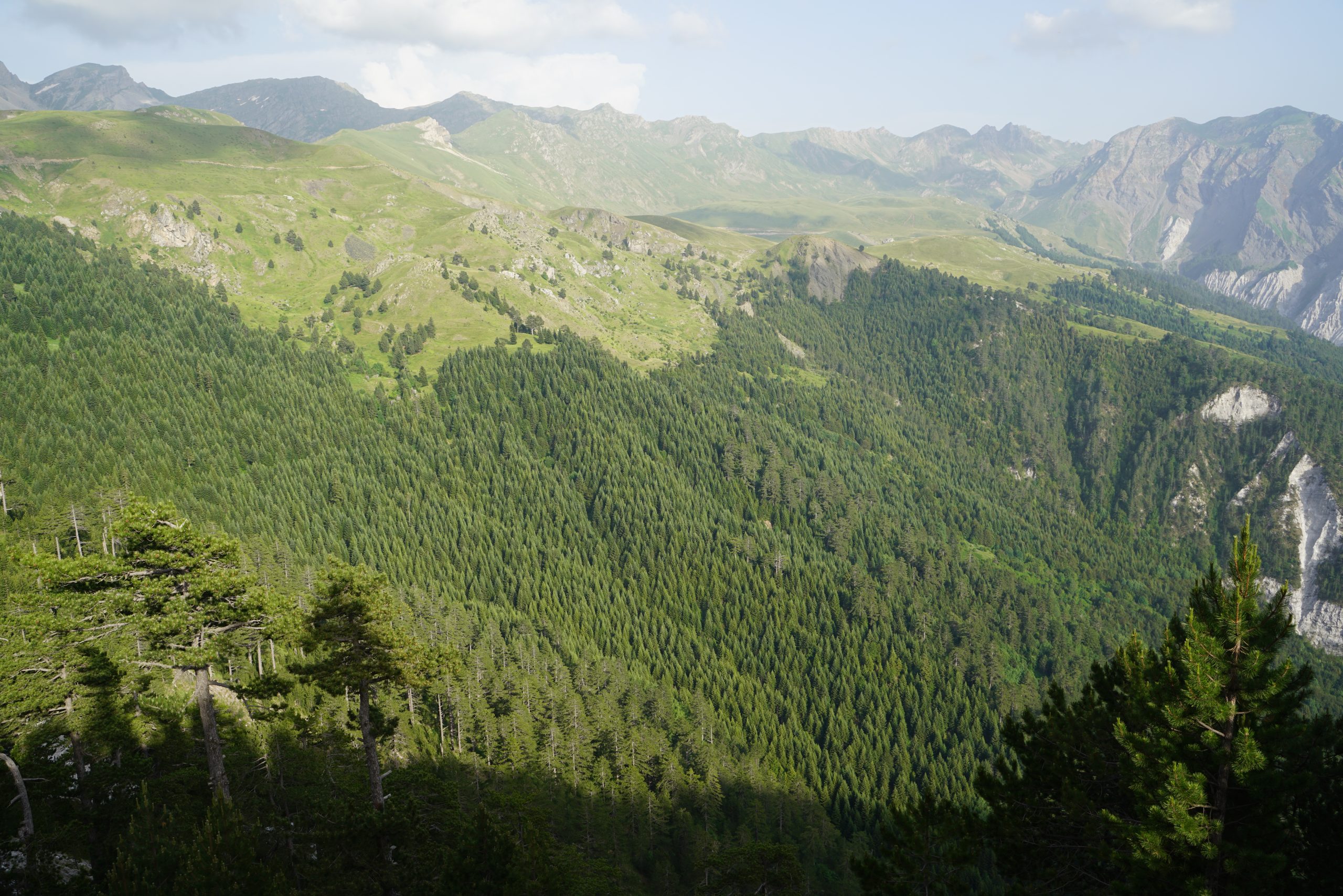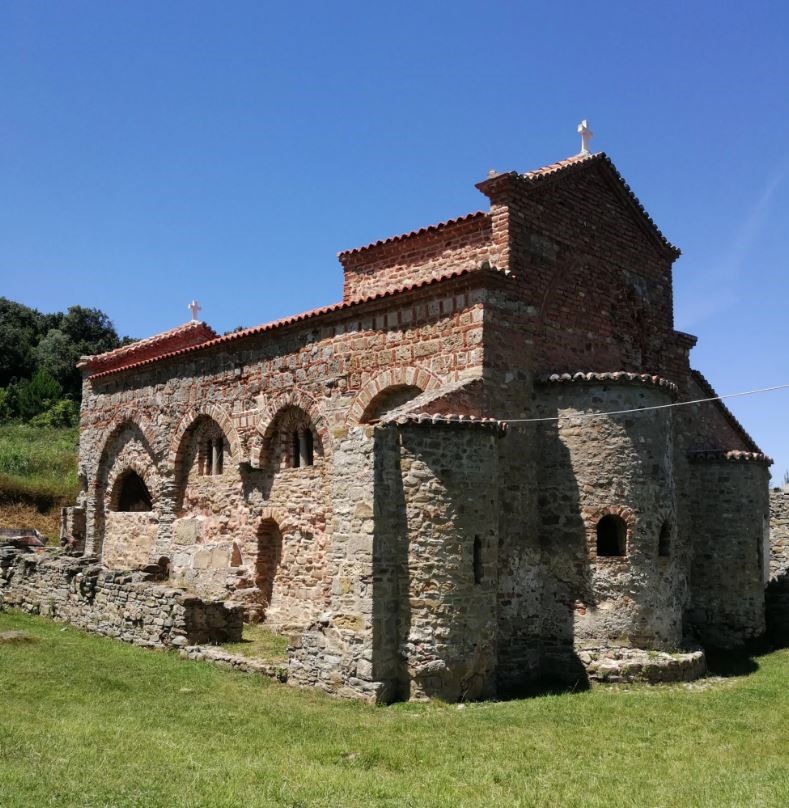Across the Western Balkans, local communities face increasing vulnerability due to disruptions in water stream systems. Hydroelectric power construction, water diversion, and mineral extraction have significantly altered riverine ecosystems, in some cases leading to severe degradation. While water management processes in the region align with EU Water Framework Directive standards, they have yet to achieve mature systems that fully incorporate community participation in Basin Management Plans. Local communities still lack adequate technical support and expertise to address critical challenges such as pollution, climate-induced extreme weather events, and unsustainable water use practices.
REC Albania is implementing the regional project “Rapid Stream Assessment in the Western Balkans” funded by the US Forestry Service, which is also being conducted in Montenegro and Bosnia and Herzegovina, simultaneously. The project centers on implementing SVAP (Stream Visual Assessment Protocol), a citizen science tool designed for broad public use in evaluating river and stream pollution, with a particular focus on plastic pollution.
The Drin River Basin has been selected as the pilot-study area in Albania, as it represents the country’s largest watershed with the highest water discharge rates. During May-June, REC Albania, in collaboration with two local partner associations, conducted a series of educational and awareness-raising activities for youth in the Kukës and Shkodër regions, where the Drin River flows. These activities focused on protecting aquatic habitats, specifically river ecosystems.
During the May-June period, REC Albania launched an intensive environmental education campaign in the Kukës and Shkodër regions, areas directly connected by the flowing waters of the Drin River. Working in close partnership with two established local entities, the organization implemented a comprehensive series of youth-focused programs. These educational initiatives were carefully designed to deepen understanding of aquatic habitat protection, with particular emphasis on river ecosystem conservation. Through these engaging activities, participants gained valuable insights into river ecology, conservation practices, and the vital importance of protecting these essential waterways for future generations. Additionally, they were also taught about the process of collecting water samples for analyses.
As part of this initiative, back in June, REC Albania convened the second regional meeting titled “Local Water Management Challenges and Solutions” in Shkodër. This conference brought together representatives from eight municipalities across northern Albania, North Macedonia, Montenegro, Bosnia and Herzegovina, and Kosovo, marking a crucial step forward in addressing water management challenges at the local level.
Earlier the following month, representatives from municipalities, water agencies, water management agencies, and environmental organizations across several Balkan countries, participated at “The third regional training on “Impact of Climate Change on Water Resources in Local Communities in the Western Balkans”, which took place in Podgorica, to further discuss project progress.
The meeting highlighted local climate adaptation initiatives for water resource management, featuring valuable U.S. assessment tools and experiences. Participants explored practical approaches to evaluate climate impacts on water systems through shared expertise from both regions.





